
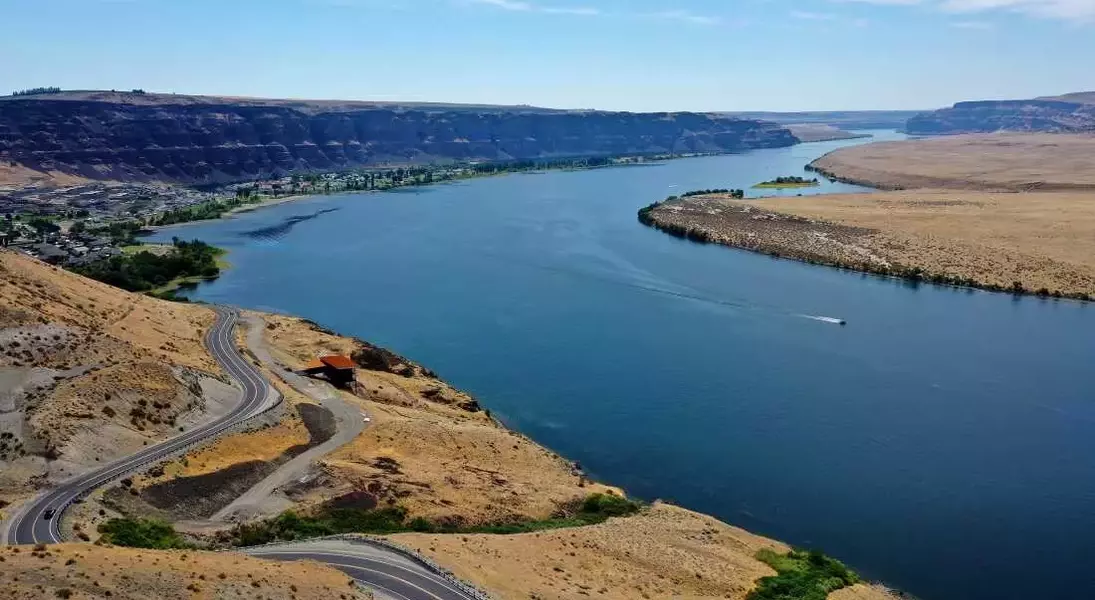
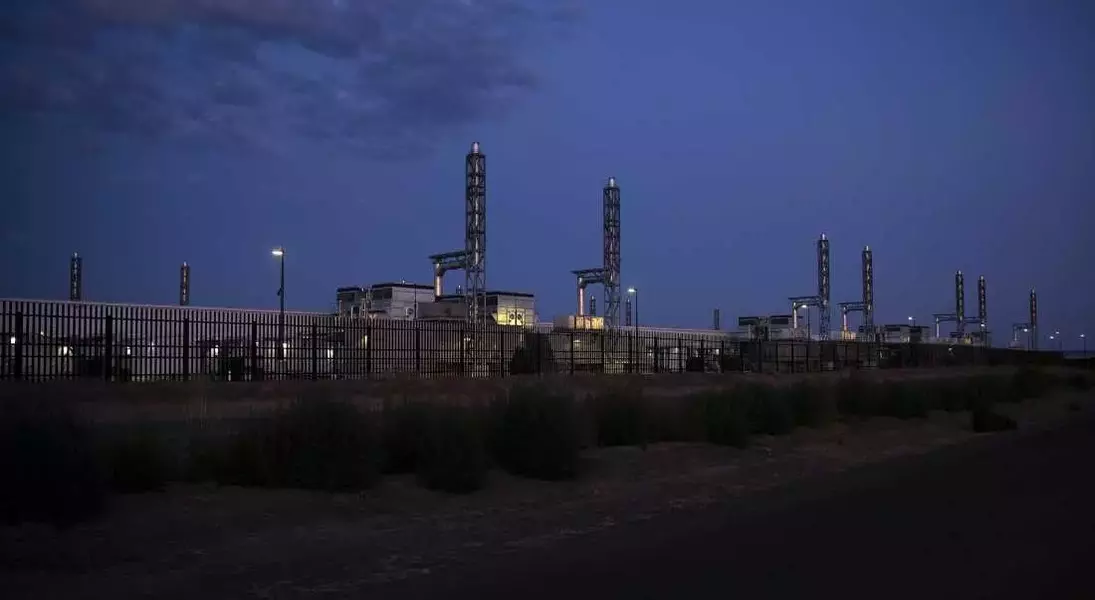
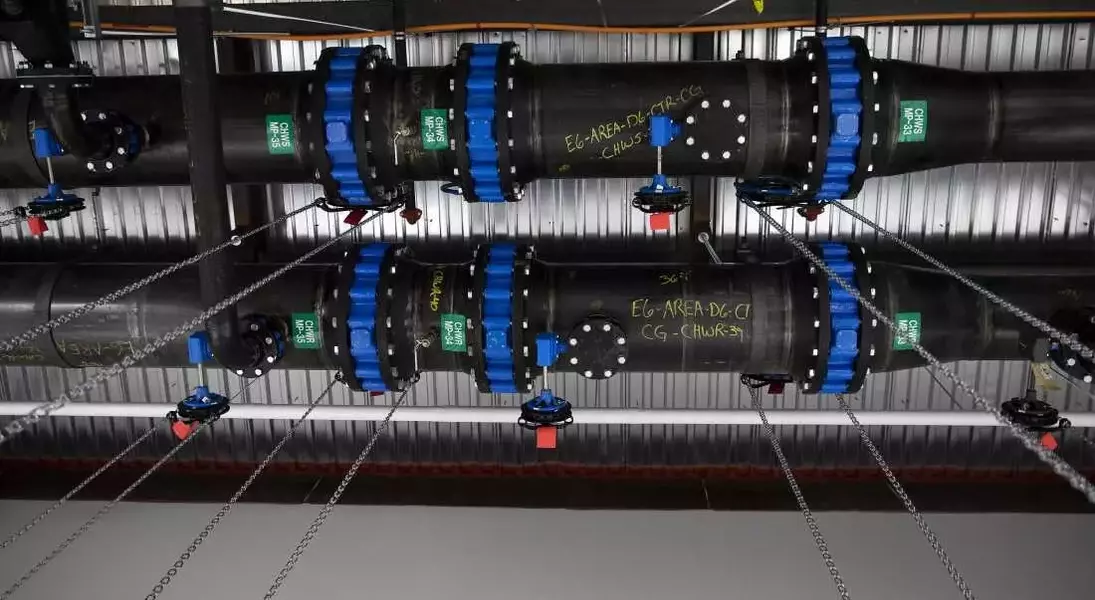
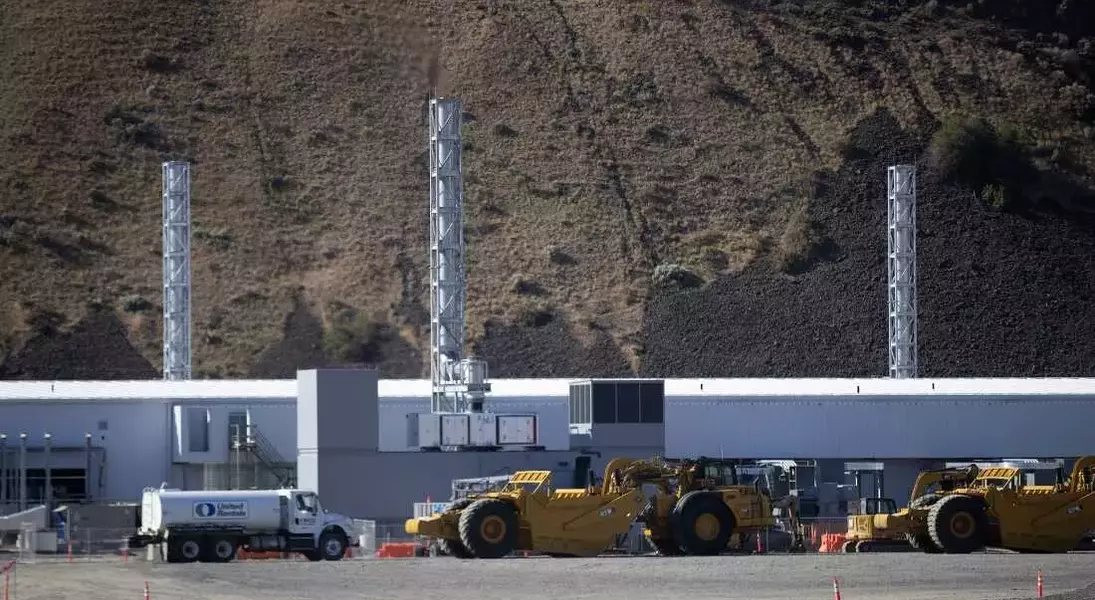
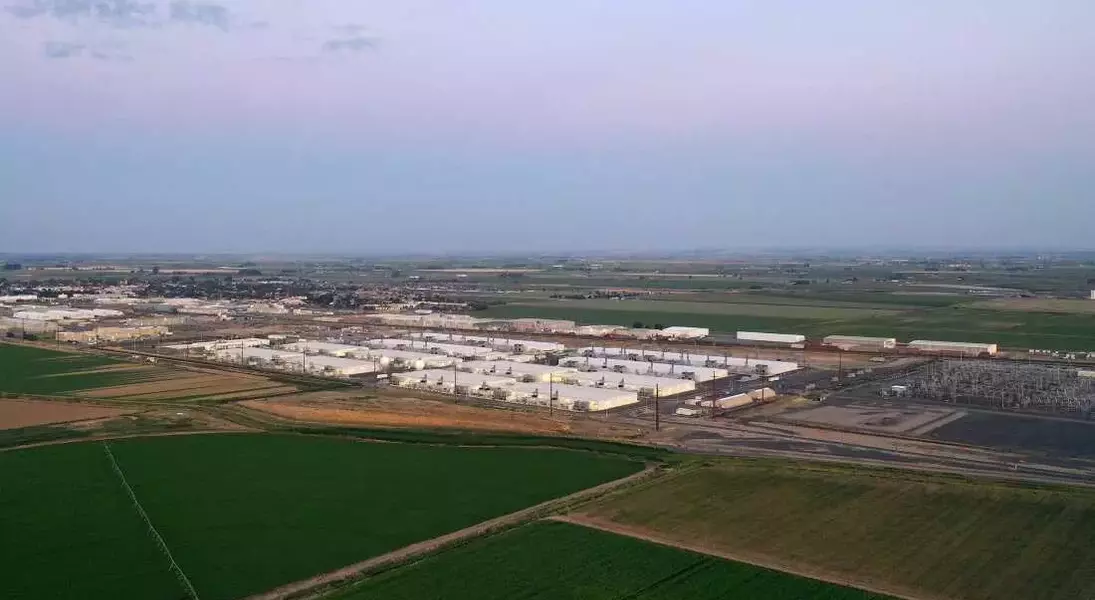
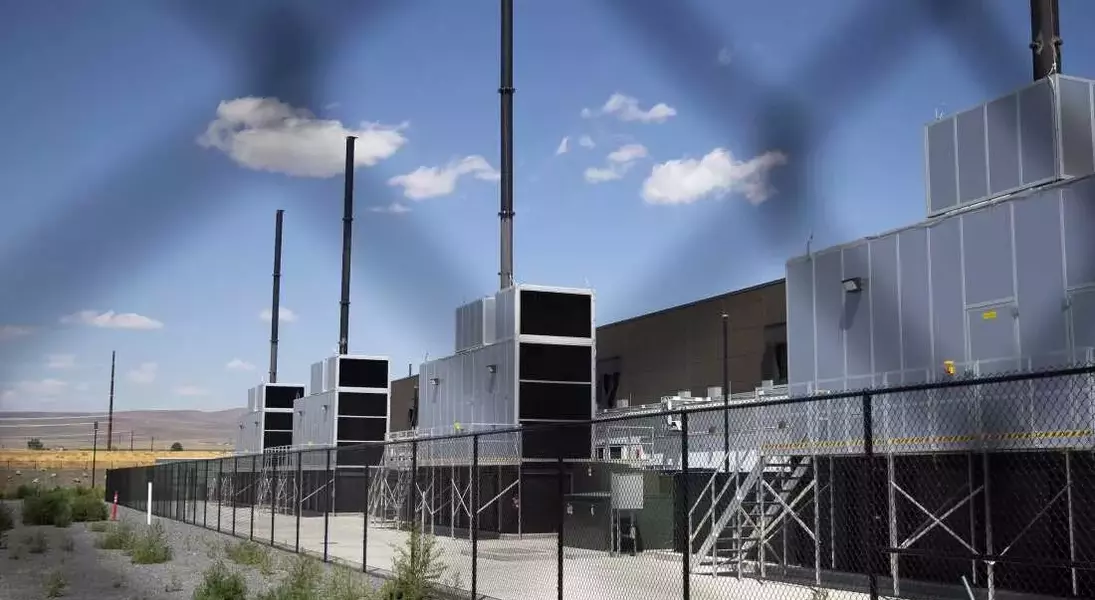

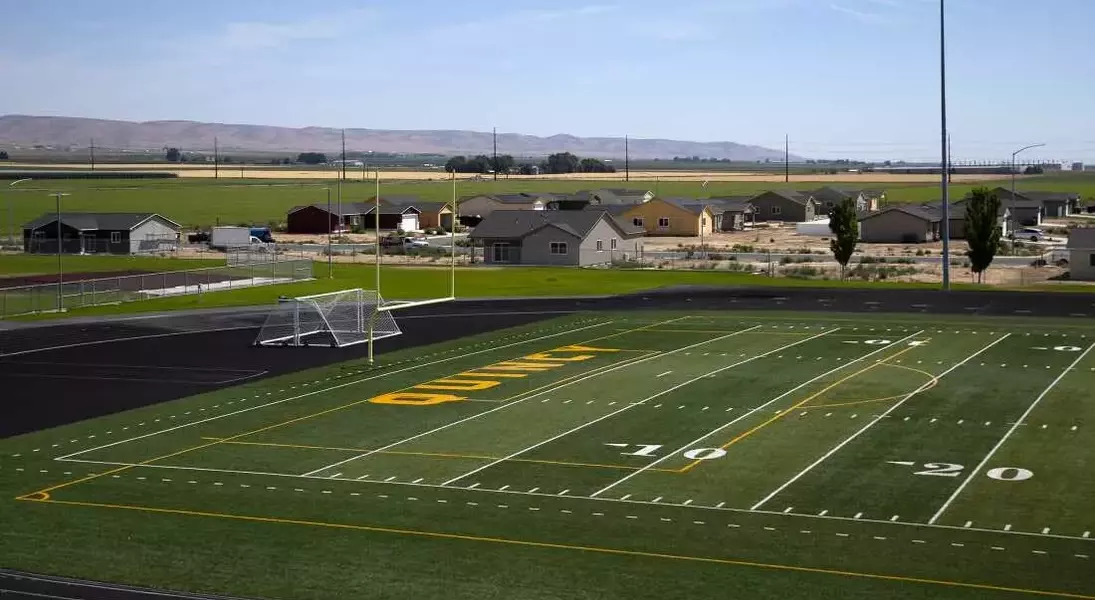
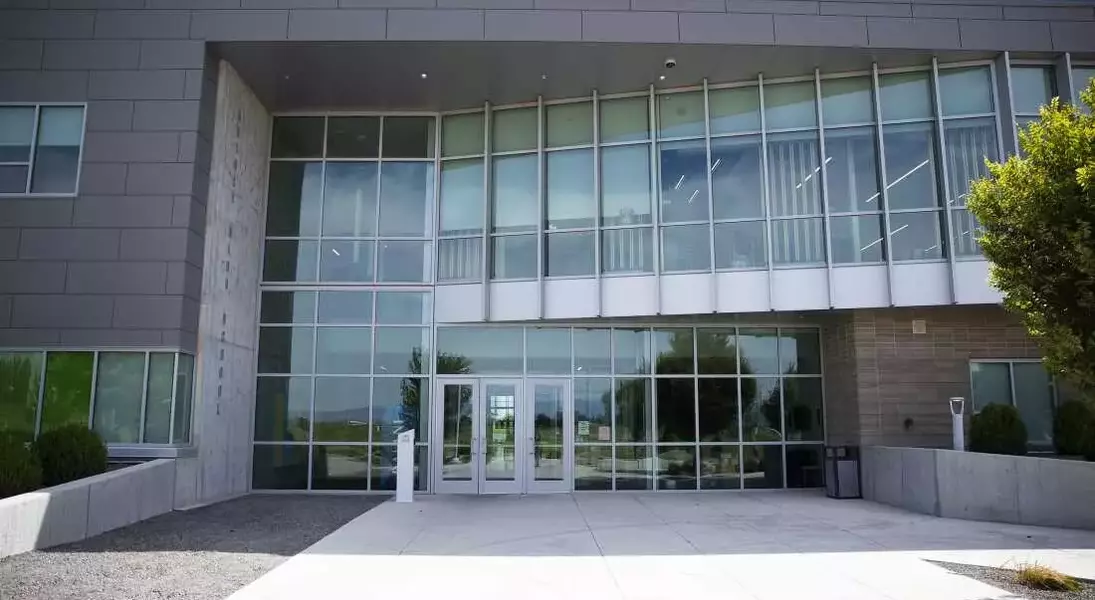
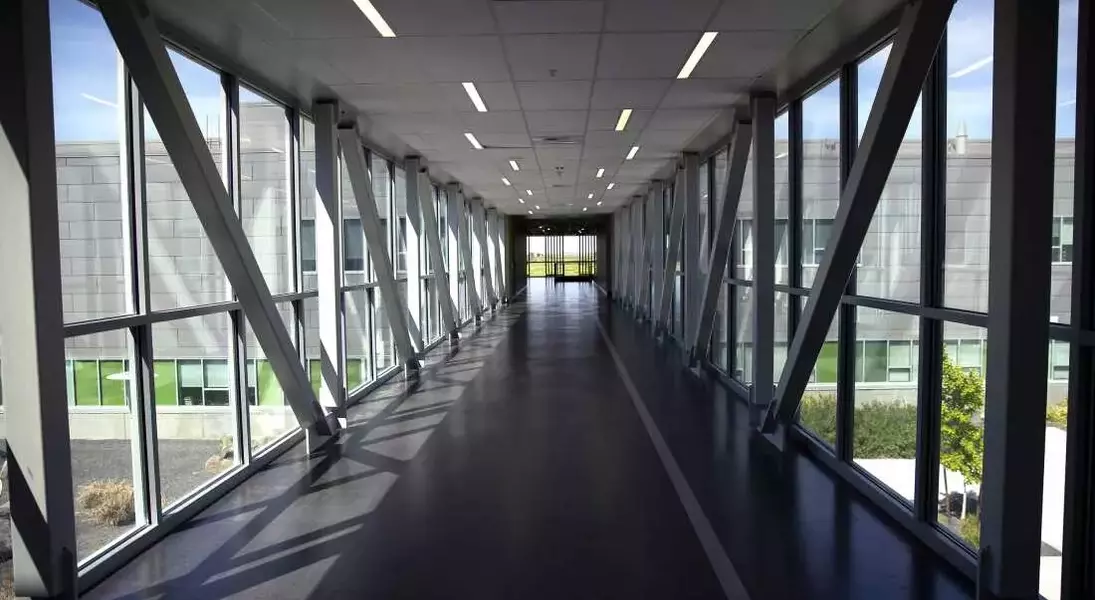
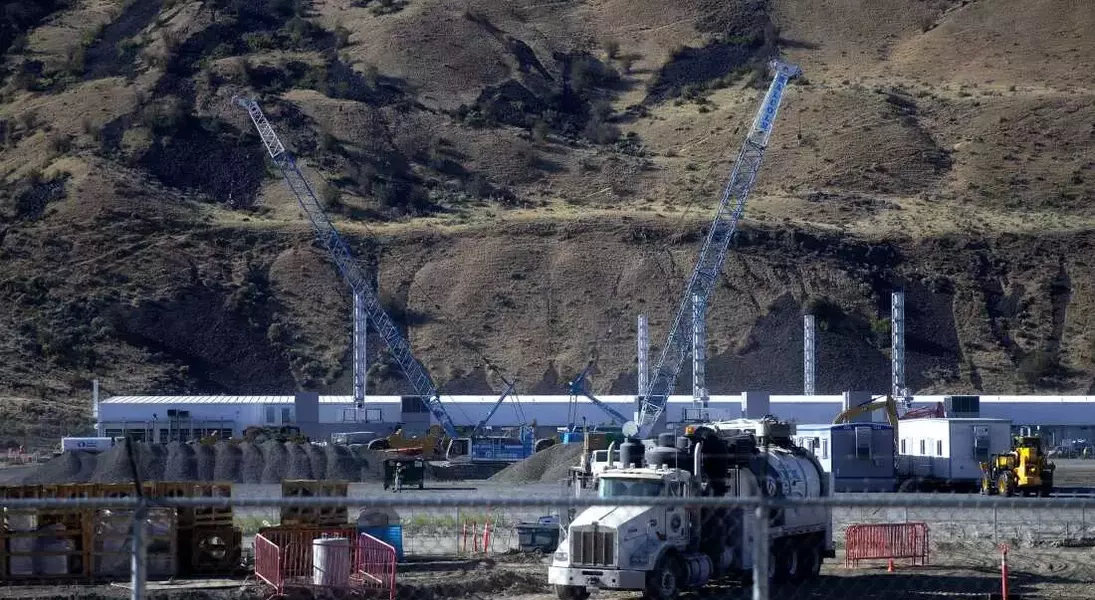

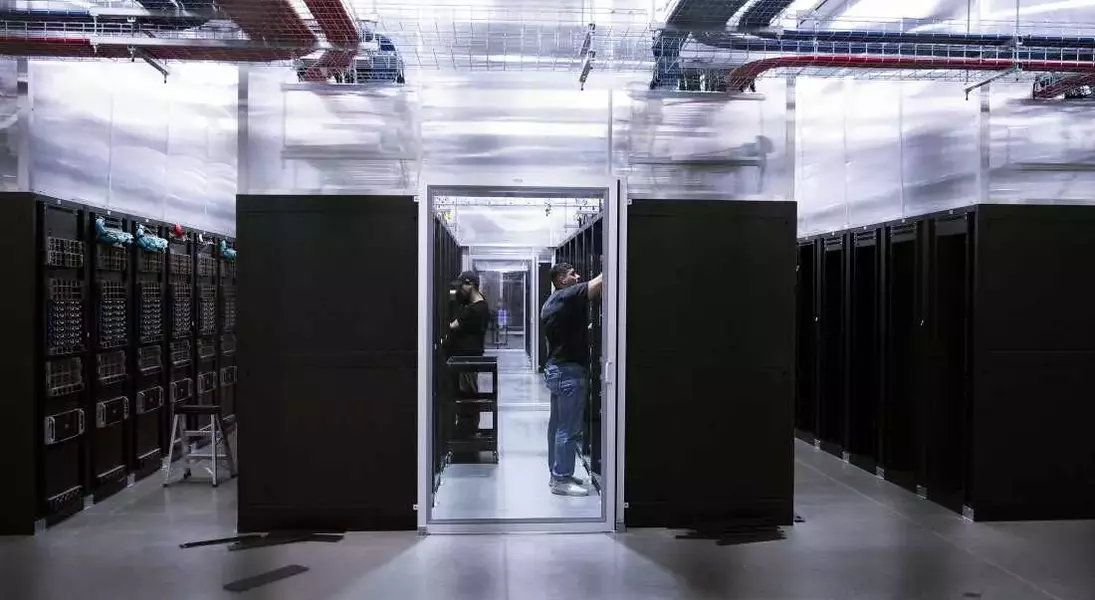
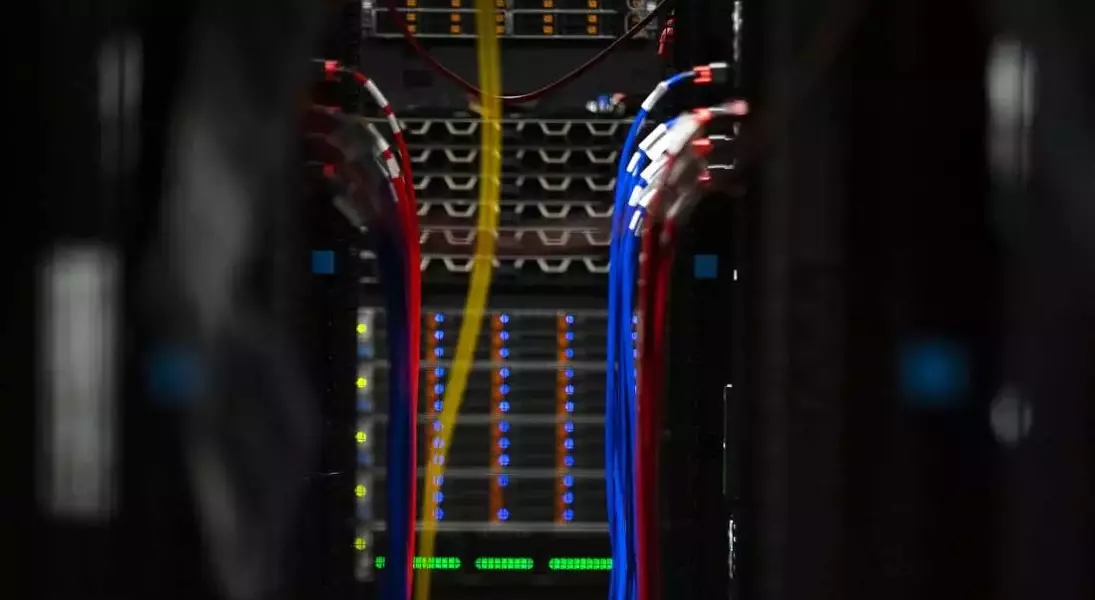
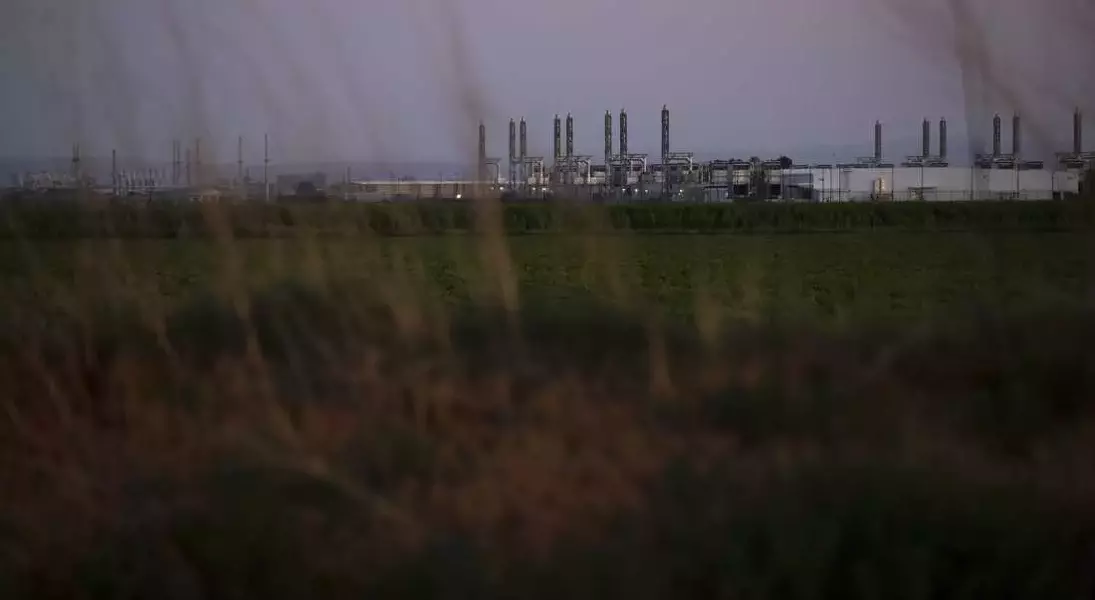
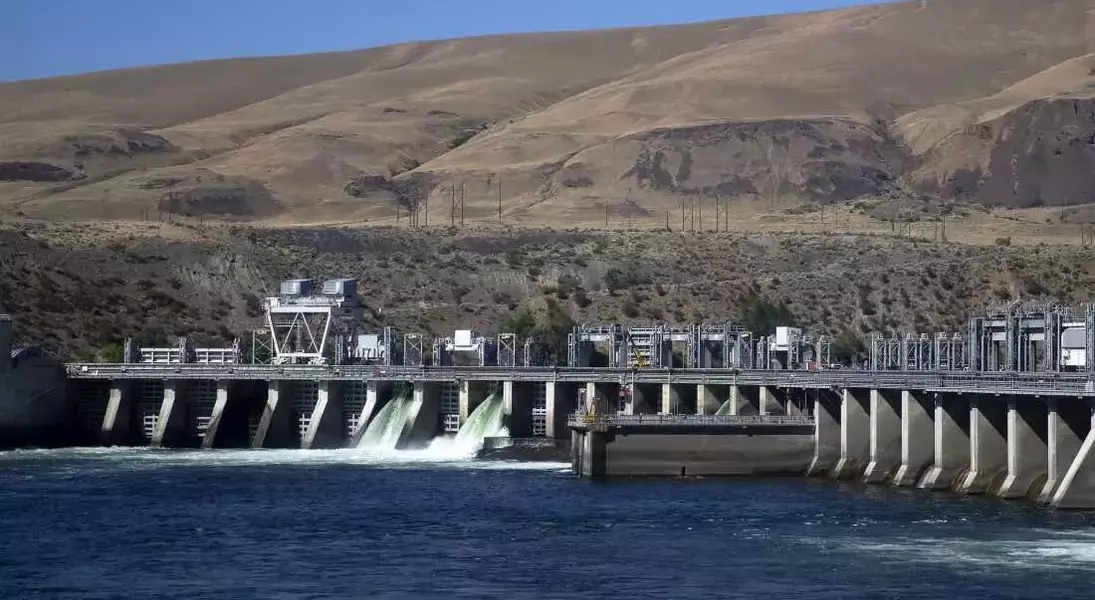





Quincy, Washington, has undergone a remarkable transformation from a quiet agricultural community to a thriving center for the digital economy, fueled by its access to cheap and plentiful hydropower from the Columbia River. Once recognized primarily for its potato production, this small town now hosts extensive data centers that power the modern internet and the burgeoning field of artificial intelligence. This shift has brought substantial financial benefits to Quincy, significantly boosting its tax base and funding essential public infrastructure and services, including a new medical center and a comprehensively upgraded high school, which now offers diverse career and technical education programs.
However, the rapid expansion of data centers in Quincy, and across the nation, raises critical questions about long-term sustainability and societal impact. While the construction phases generate numerous temporary jobs, the permanent workforce required to operate these facilities is relatively small. More significantly, data centers are prodigious consumers of both electricity and water, posing a potential strain on local resources and challenging broader environmental objectives, particularly in the face of climate change impacting water availability. Environmental advocates express concern that the relentless demand for power and cooling could compromise the region’s ecological balance and Washington state’s ambitious climate goals, prompting a reevaluation of the true costs and benefits of this digital gold rush.
The story of Quincy serves as a poignant illustration of the complex interplay between technological advancement, economic development, and environmental stewardship. It highlights the immediate gains for communities that embrace such industries, but also underscores the necessity for forward-thinking strategies to mitigate potential negative consequences. Moving forward, a balanced approach is crucial for society to harness the immense benefits of technological progress while safeguarding our natural resources and ensuring a sustainable future for all. This requires proactive planning, investment in truly sustainable energy and water solutions, and a commitment to equitable development that prioritizes the well-being of both the environment and local populations.
